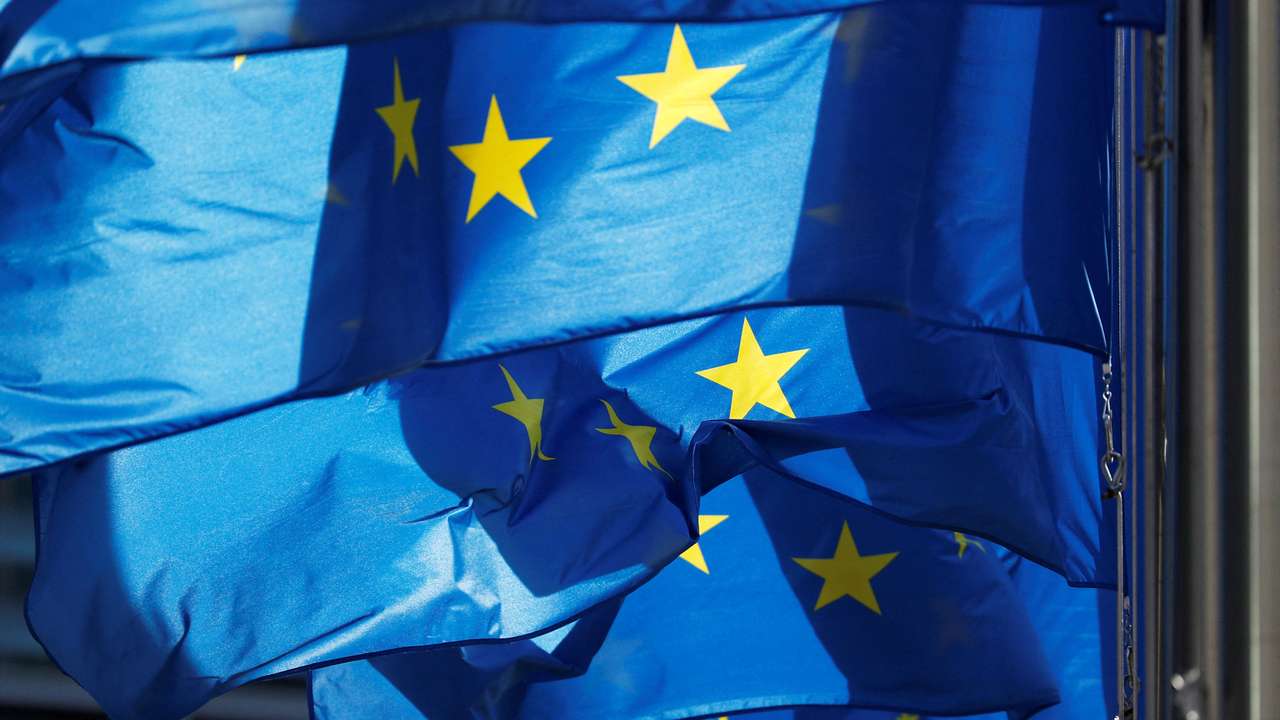New entries and exits on EU money laundering list

The European Commission (EC) has updated its list of high-risk jurisdictions for anti-money laundering and countering terrorism financing, aligning with Financial Action Task Force (FATF) recommendations.
The revised list, which mandates enhanced scrutiny by EU financial institutions, adds Algeria, Angola, Côte d’Ivoire, Kenya, Laos, Lebanon, Monaco, Namibia, Nepal, and Venezuela, while removing Barbados, Gibraltar, Jamaica, Panama, the Philippines, Senegal, Uganda, and the United Arab Emirates (UAE) European Commission, 2025.
New Additions
The inclusion of Algeria and Lebanon reflects ongoing concerns with the former struggling with corruption. Ranking 107th in the 2024 Corruption Perceptions Index, the country has witnessed recent high-profile cases like the five-year sentencing of former official Mohamed Bouakkaz for illicit enrichment.
The latter’s listing, amid economic crisis and concerns over groups like Hezbollah, does not impact EU humanitarian aid but signals weak Anti-Money Laundering and Countering the Financing of Terrorism (AML/CFT).
Kenya, Namibia, and others face similar situations, requiring urgent reforms to meet FATF standards.
Delisted jurisdictions
The UAE’s removal follows its exit from FATF’s grey list in February 2024, driven by strengthened financial regulations.
An Emirati official emphasised continued commitment to AML/CFT reforms, aligning with new EU-UAE free trade talks.
The Philippines, Barbados, and others were also delisted for improved compliance, easing financial access but requiring sustained vigilance.
Why it matters
Listed countries face stricter EU financial scrutiny, complicating access to capital and trade.
The EC’s list, based on FATF’s “Jurisdictions under Increased Monitoring,” protects the EU’s financial system but stirs debate.
Last year, the European Parliament blocked the UAE’s delisting, citing premature leniency while the delegated regulation awaits approval from the European Parliament and Council, effective within one to two months unless objected European Commission, 2025.
This story is written and edited by the Global South World team, you can contact us here.